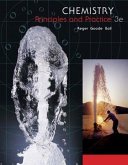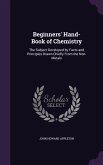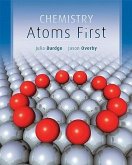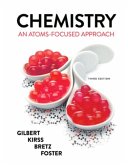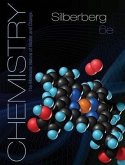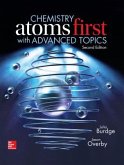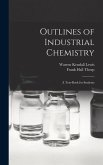Discover all of the fundamental topics of general chemistry with this brief, reader-oriented book. CHEMISTRY: PRINCIPLES AND REACTIONS, 8e, provides a clear, concise presentation based on the authors' more than 50 years of combined teaching experience. The book includes graded and concept-driven examples as well as examples that focus on molecular reasoning and understanding, as well as "Chemistry: Beyond the Classroom" essays that demonstrate the relevance of the concepts and highlight some of the most up-to-date uses of chemistry. A strong, enhanced art program helps readers visualize chemical concepts. Integrated end-of-chapter questions and Key Concepts correlate to OWLv2, the #1 online homework and tutorial system for chemistry.


